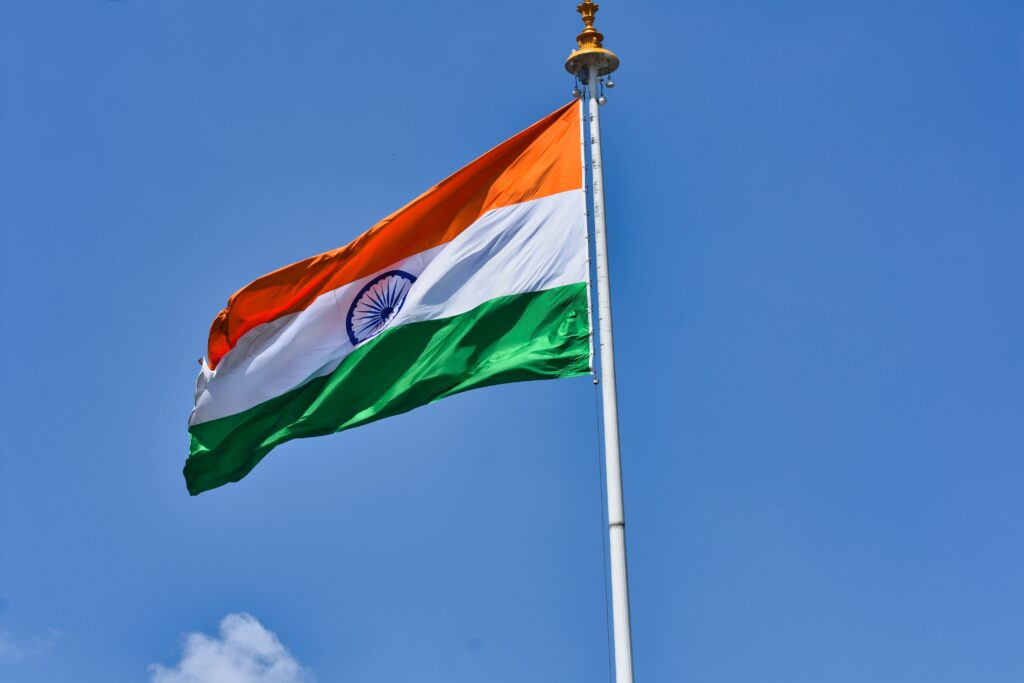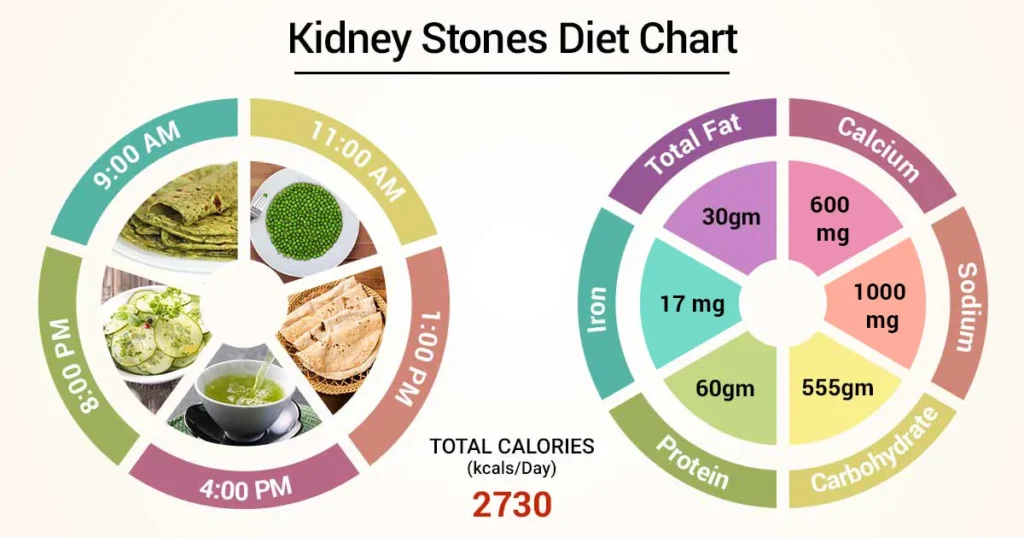This article will highlight what is Ramadan, why is it observed, what are the eating restrictions and whether can individuals with kidney issues including kidney stones or chronic kidney disease (CKD) observe fasting. Our kidney dietitian – Dr Rachana Jasani will also throw light on what are the key points to be kept in mind if one is observing fast. We also have a separate article dedicated on fasting tips for patients with diabetes; to read the article, click here
Ramadan and eating restrictions
Ramadan is a holy month for individuals practicing Islam across the world. Fasting is a religious practice aimed at lords mercy and empathy towards all fellow Muslims and their well being. In this month, all Muslims observe fast for at least 10-12 hours i.e. from dawn to dusk. They begin their meal in the evening and this meal is known as iftar and they can eat until dawn and that meal is known as sehri or sahoor. The time between sehri/ sahoor to iftar which is usually 12-14 hours is observed as fasting state wherein Muslims dont even drink water.
Exemptions from fasting
There are clear guidelines in Islam about the ones who are exempted from fasting and they include:
- Prepubertal children
- Menstruating women
- Pregnant or breast feeding mothers
- Advanced age and frail patients or ones with mental disorders or medical sickness (uncontrolled diabetes and CKD fall into this category)
- Individuals on travel
Fasting with kidney related ailments
- Kidney stones: As fasting involves restrictions on fluids for almost more than 12 hours it can prove to be risky if one already has kidney stones or if one has a history of developing recurrent kidney stones. Such individuals should maintain their fluid intake upto 2.5-3 Litres to form adequate urine. As ramadan usually falls in hot summer months, it is adviable to drink enough fluids throughout the period from iftar to sehri/ sahoor. Also, it is important to avoid excess salt, sugar based drinks which are common during Ramadan. Excess salt and sugar both are risk factors towards development of new stones. To know more about drinks that are safe for kidney stones, click here
- Chronic Kidney Disease (non-dialysis): If a person is in intial stages of CKD i.e. stage 1 to 2 and is young, does not have diabetes, cardiac issues, other limiting comorbidities, etc and has stable kidney parameters including serum creatinine, 24 hour urine protein, protein to creatinine ratio; and wishes to observe fasting then they should focus on less amount of salt and good hydration during the eating period. Mild exercises is advisable but not outdoors to avoid dehydration. On the other hand, if an individual has poorly controlled diabetes, etc there is a greater risk of hypoglcemia or diabetic ketoacidosis, hence such individuals should avoid fasting.
When it comes to CKD stage 3 or 4, individuals should not fast. This is as per the guidelines published under IDF-DAR (International Diabetes – Diabetes in Ramadan Internaltional Alliance guidelines) 2017 and updated in 2021. However, if still an individual opts to fast then the following precautions have been suggested in the guidelines:
- Monitor the weight and blood pressure at least 2 times a week
- Monitor blood sugar daily 3 times, if on insulin and at least 2 times a week, if not on insulin (also, monitor sugar if there are symptoms of hypoglycemia)
- Avoid intake of high potassium or high phosphate foods
In addition to this, our kidney dietitian recommends:
- Avoid intake of concentrated sources of proteins in one meal or limit its portion size
- Avoid processed items which are preferred especially during iftar
- Prefer simple foods during sehri/ sahoor like milk/ curd with roti/ poha (in case of nausea, avoid milk and prefer curd), limit the intake of tea/ coffee to avoid hyperacidity
Guidelines on when to discontinue fasting chronic kidney disease stage 3 or 4:
- Patients should stop fast immediately if the serum creatinine increases by 30% above the baseline (before fasting) or
- Patient develops high serum potassium or derangment in serum sodium levels
- Patient has signs of fluid overload like shortness of breath, swelling on legs or on face or weight gain of more than 2 kg from baseline (before fasting)
3. Chronic Kidney Disease Stage 5 D (Dialysis): The IDF-DAR does not advise fasting for chronic dialysis patients. While researches have not reported any adverse outcomes in dialysis patients when they observe fasting (on non-dialysis days), but it is clear that fasting should not be encouraged. If they insist upon fasting then, guidelines suggest to regularly monitor patient for swelling, electrolytes and blood pressure.
In this case our kidney dietitian suggests few tips:
- Avoid nuts and dry fruits as these can increase serum potassium as well as phosphates
- Avoid juices, cold drinks, milkshakes, sorbets, etc which are common during iftar
- Avoid fried items like veg or non-veg pakoras (fritters) which are again commonly preferred during iftar
- Prefer low potassium and low phosphate proteins like eggs as compared to processed meat or red meat
4. Chronic Kidney Disease Stage 5 T (Transplant): The general concensus is that most kidney transplant patients can tolerate fasting well after the first year of kidney transplant. After first year, patients who exhibit a good renal function and the ones who can manage their immunosuppressive agents in a disclipined manner can observe fasts. However, caution should be exercised if a patient has uncontrolled blood sugars or lower baseline eGFR (eGFR shows function of transplanted kidney) or poor cardiac function.
Our kidney dietitian recommends that all healthy (assessed as healthy by their Nephrologist) post kidney transplant patients who wish to fast should keep the following things in mind:
- Never skip medicines
- Drink plenty of water and other non-sugar based fluids like buttermilk or lime juice
- Avoid excess salt and fats
- Prefer healthy carbohydrates like fruits, vegetables, whole wheat or brown rice or barley over refined carbohydrates like bread, biscuits, etc
- Reduce caffiene intake
- Avoid processed meat
- Prefer exercises at least 20-30 min a day
Overall, as a kidney dietitian – Dr Rachana Jasani recommends exercising caution if an individual with kidney issues wishes to observe fasting during ramadan. We neither encourage nor discourage fasting and the opinion given above is purely from scientific viewpoint.
At NutriKonnect, we offer personalized nutrition consultation for all kidney ailments including chronic kidney disease, dialysis, kidney transplant. To book a consultation, you may call us on 7208363223
You can now also order our book titled ‘Indian diets in Kidney Disease‘ from Amazon, to avail this book, click here



